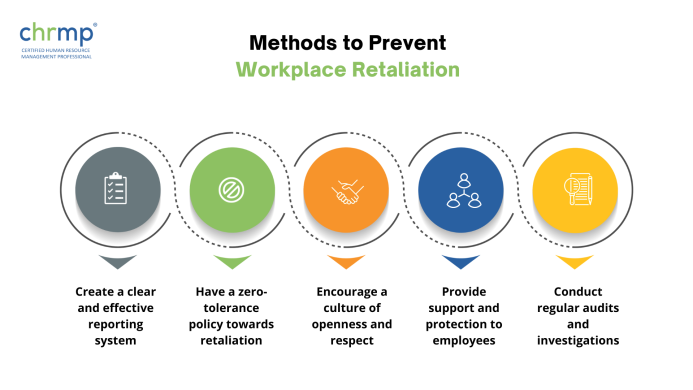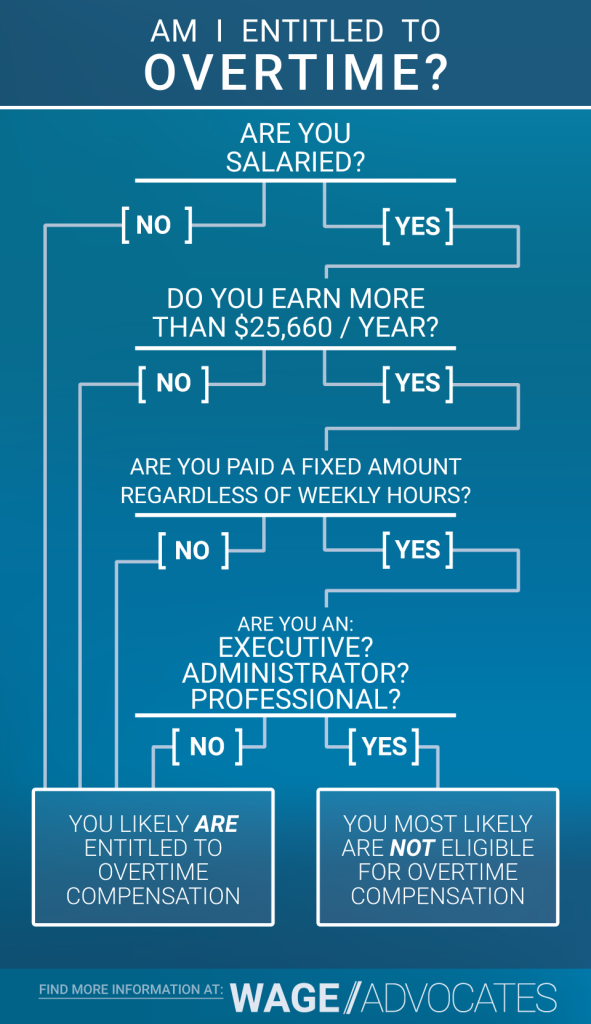
The Digital Talent Hunt: The Role of Social Media in Recruitment
In today’s fast-paced world, the way we find jobs and hire new talent has changed dramatically. Gone are the days when newspaper ads and word-of-mouth were the primary tools. Welcome to the age of digital recruitment, where social media isn’t just for sharing holiday photos – it’s a powerful powerhouse for finding your next dream job or your next star employee.
This article will dive deep into how social media has revolutionized the world of recruitment, making it easier, faster, and more engaging for both companies and job seekers. Whether you’re looking for a job or looking to hire, understanding this digital shift is absolutely essential.
Why Social Media is a Game-Changer in Recruitment
Think about it: billions of people worldwide use social media every day. This massive reach has fundamentally transformed how talent acquisition (the process of finding and hiring skilled people) works. Here’s why it’s so impactful:
- Wider Talent Pool: Social media breaks down geographical barriers. Companies can find candidates not just in their city, but across the country or even globally.
- Access to Passive Candidates: Not everyone looking for a job is actively searching on job boards. Many skilled professionals (known as "passive candidates") are happy in their current roles but might be open to a better opportunity if it comes along. Social media is perfect for reaching these hidden gems.
- Cost-Effective Sourcing: Compared to expensive traditional advertising or recruitment agencies, using social media can be a much more affordable way to find and connect with potential hires.
- Faster Hiring Process: The direct and immediate nature of social media allows for quicker communication and engagement, often speeding up the initial stages of recruitment.
- Showcasing Company Culture: Social media provides a vibrant platform for companies to show off what it’s truly like to work for them, attracting candidates who align with their values.
How Companies Use Social Media for Recruitment (The Employer’s Perspective)
For businesses, social media isn’t just about posting job ads; it’s a strategic tool used throughout the entire recruitment lifecycle.
1. Sourcing and Finding Candidates
This is perhaps the most obvious use. Companies actively search for qualified individuals on various platforms.
- LinkedIn: The undisputed king of professional networking.
- Professional Profiles: Recruiters search LinkedIn profiles for specific skills, experience, and industries.
- Job Postings: Companies post job openings directly on their LinkedIn pages.
- InMail: Recruiters can send direct messages to passive candidates they identify.
- Groups: Industry-specific groups are great places to find niche talent.
- Facebook: More than just friends and family, Facebook is surprisingly effective.
- Facebook Groups: Many professional and local job groups exist where companies can post openings or search for talent.
- Company Pages: Businesses can post jobs directly on their pages and boost them to reach specific demographics.
- Marketplace: Sometimes used for local or entry-level positions.
- Twitter: Fast-paced and real-time.
- Hashtags: Companies use industry-specific or job-related hashtags (e.g., #hiring, #techjobs) to reach relevant audiences.
- Direct Engagement: Recruiters can follow and engage with thought leaders or professionals in their target industries.
- Instagram & TikTok: Increasingly popular for visual storytelling and reaching younger demographics.
- Culture Showcase: Companies post photos and short videos showing their office environment, team events, and day-to-day life to attract talent.
- "Day in the Life" Content: Employees sharing their experiences helps potential candidates visualize themselves in the role.
2. Employer Branding & Culture Showcase
This is where social media truly shines. "Employer branding" is simply how a company presents itself as a place to work. A strong employer brand attracts better talent.
- Authenticity: Social media allows companies to show their true colors – their values, mission, and personality – beyond a formal website.
- Employee Testimonials: Videos or quotes from current employees sharing their positive experiences are incredibly powerful and trustworthy.
- Behind-the-Scenes Glimpses: Photos and videos of team collaboration, office perks, company events, and community involvement give candidates an inside look.
- Highlighting Diversity & Inclusion: Companies can use their social channels to demonstrate their commitment to a diverse and inclusive workplace.
3. Engaging with Candidates
Social media facilitates two-way communication, making the recruitment process more human.
- Responding to Comments & Messages: Quick replies to questions about jobs or company culture show responsiveness and care.
- Q&A Sessions: Live sessions on platforms like LinkedIn or Instagram allow candidates to ask questions directly to recruiters or employees.
- Building Relationships: Recruiters can engage with potential candidates long before a specific job opens up, building a "talent pipeline" for future needs.
4. Screening and Vetting (with caution!)
While not a replacement for formal background checks, social media can offer public insights into a candidate.
- Professional Presence: Recruiters might quickly check a candidate’s public LinkedIn profile to verify experience or skills mentioned on a resume.
- Red Flags (Public Only): Very occasionally, publicly available information (like inappropriate posts or highly unprofessional content) might raise concerns.
- Important Note: This must be done with extreme caution, focusing only on public information and avoiding any discriminatory judgments based on personal protected characteristics. Privacy laws and ethical guidelines are paramount here.
How Job Seekers Use Social Media (The Candidate’s Perspective)
Social media isn’t just a tool for recruiters; it’s a vital asset for anyone looking for a job or advancing their career.
1. Discovering Job Opportunities
- Following Companies: By following target companies on LinkedIn, Facebook, or even Instagram, job seekers can see new job postings as soon as they’re announced.
- Joining Industry Groups: Professional groups often have members sharing job openings or career advice.
- Hashtag Searches: Searching for hashtags like #hiring [your industry] or #jobsearch can reveal relevant posts.
2. Researching Companies
Before applying, job seekers can use social media to get a feel for a company’s culture.
- Company Culture: Do their posts show a vibrant, collaborative environment, or a more formal one? Does it align with your preferences?
- Employee Stories: Look for posts from current employees to get an unfiltered perspective on what it’s like to work there.
- Values and Mission: Do their social posts reflect values that resonate with you?
3. Showcasing Their Skills & Personal Brand
Your social media profiles, especially LinkedIn, are your digital resume and portfolio.
- Professional Profiles: Keep your LinkedIn profile updated with your latest experience, skills, and achievements. Use a professional photo.
- Thought Leadership: Share articles, comment thoughtfully on industry news, and participate in discussions to show your expertise.
- Online Portfolio: If you’re in a creative field (design, writing, photography), Instagram or even a personal website linked from your social profiles can showcase your work.
4. Networking and Connecting
Social media makes it easier than ever to build professional connections.
- Connect with Recruiters: Send polite connection requests to recruiters at companies you admire.
- Informational Interviews: Reach out to people in roles or companies you’re interested in for a brief chat about their experiences.
- Mentorship: Find and connect with mentors who can offer guidance and open doors.
Best Practices for Social Media Recruitment (Dos and Don’ts)
To make social media work effectively for recruitment, both companies and job seekers should follow some key guidelines:
For Companies:
- DO: Define a clear social media recruitment strategy.
- DO: Be authentic and transparent about your company culture.
- DO: Engage regularly and respond promptly to inquiries.
- DO: Train your recruiters on ethical social media sourcing and privacy laws.
- DO: Showcase diverse employees and inclusive practices.
- DON’T: Use social media for invasive background checks or to discriminate.
- DON’T: Post and forget; consistent engagement is key.
- DON’T: Rely solely on social media; it’s part of a broader strategy.
For Job Seekers:
- DO: Clean up your online presence; employers will look. Remove anything unprofessional or controversial.
- DO: Keep your professional profiles (especially LinkedIn) updated and polished.
- DO: Tailor your content and interactions to the platform (e.g., professional on LinkedIn, more visual on Instagram).
- DO: Engage thoughtfully in industry discussions and show your expertise.
- DO: Proofread everything before posting or messaging.
- DON’T: Post anything you wouldn’t want a future employer to see.
- DON’T: Be overly aggressive or spammy in your outreach.
- DON’T: Misrepresent your skills or experience.
Challenges and Considerations
While social media offers immense benefits, it’s not without its challenges:
- Privacy Concerns: Both companies and candidates need to be mindful of what information is shared and accessed.
- Bias and Discrimination Risks: Recruiters must be trained to avoid unconscious biases that can arise from viewing personal social media profiles.
- Information Overload: The sheer volume of content can make it hard to stand out for both job seekers and companies.
- Maintaining Authenticity: Companies need to ensure their social media portrayal matches the reality of working there.
- Time Commitment: Effective social media recruitment requires consistent effort and dedicated resources.
Conclusion
The role of social media in recruitment is no longer a trend; it’s a fundamental pillar of modern talent acquisition. For companies, it’s an unparalleled tool for building employer brand, sourcing diverse talent, and engaging with potential hires. For job seekers, it offers unprecedented access to opportunities, a platform to build their personal brand, and a way to research companies more deeply than ever before.
As the digital landscape continues to evolve, so too will the strategies and platforms used in recruitment. Embracing social media wisely, ethically, and strategically is no longer an option – it’s a necessity for anyone navigating the dynamic world of jobs and hiring.
SEO Title Suggestion: The Role of Social Media in Recruitment: A Beginner’s Guide to Hiring & Job Search
Meta Description Suggestion: Discover how social media is transforming recruitment for companies and job seekers. Learn best practices for finding talent, landing jobs, and building your professional brand online.




Post Comment